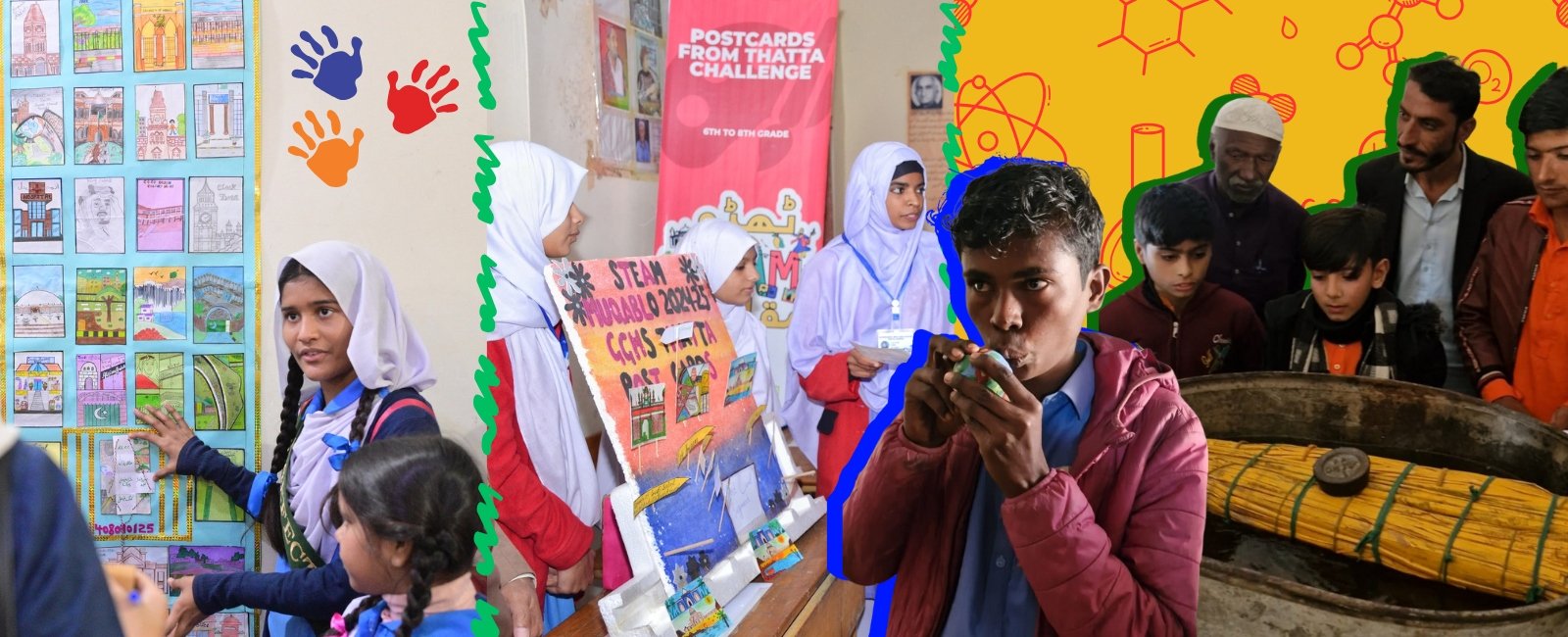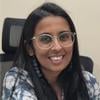Boats, buoyancy, belonging: Setting sail for 'local learning' in Pakistan
If truly anchored in local realities, education can truly transform lives — not just on paper, but in practice too

Every year, International Day for Education, marked on January 24, rolls around with sombre discussions about the millions of children who remain uneducated. We’ve all heard the laundry list of solutions: build more schools, train better teachers, lighten the syllabus, improve assessments, and inject political will. No doubt, these are essential; however, there are also innovative ideas out there that could change the game. Let's pull the curtain on the simple but powerful idea of making learning locally relevant and rallying communities to support under-resourced schools.
We’ve become quite accustomed to hearing about global best practices, tailored to fit local contexts. But what happens when we flip the script? What if we place indigenous knowledge and local problem-solving at the heart of education instead of treating it as an afterthought?
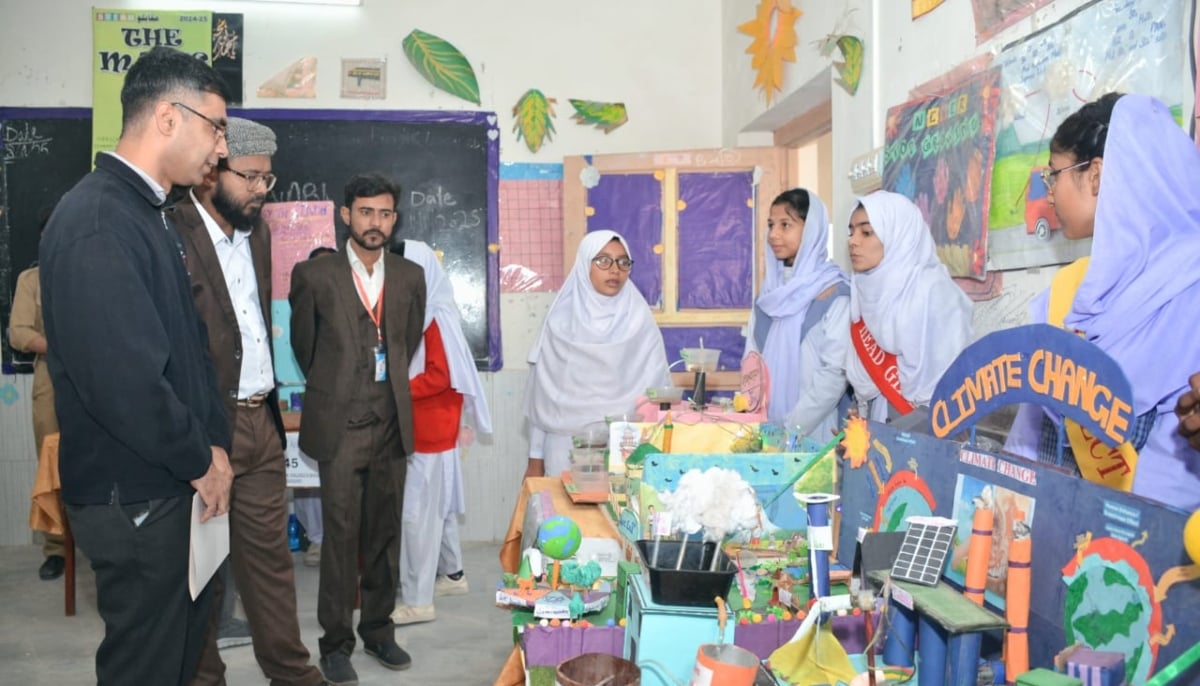
For the past few months, I’ve had the privilege of working on STEAM Muqablo, a competition for government schools in Sindh. The premise was straightforward: challenge students to tackle real-world problems by blending classroom concepts with local knowledge and resources. Climate change, urbanisation, heritage, and culture became the arenas where these young minds wrestled with ideas and then strived to work them.
Floating ideas with familiar flair
Take one of the challenges we gave middle-school students: design a boat capable of floating with a one kilogram load. The catch? They could only use recycled or locally available low-cost materials, and the boat couldn’t exceed a third of a school desk. Oh, and it had to be scalable for real-world flood rescues.
The challenge was easy to understand and attempt, regardless of their previous familiarity with buoyancy forces or materials science.
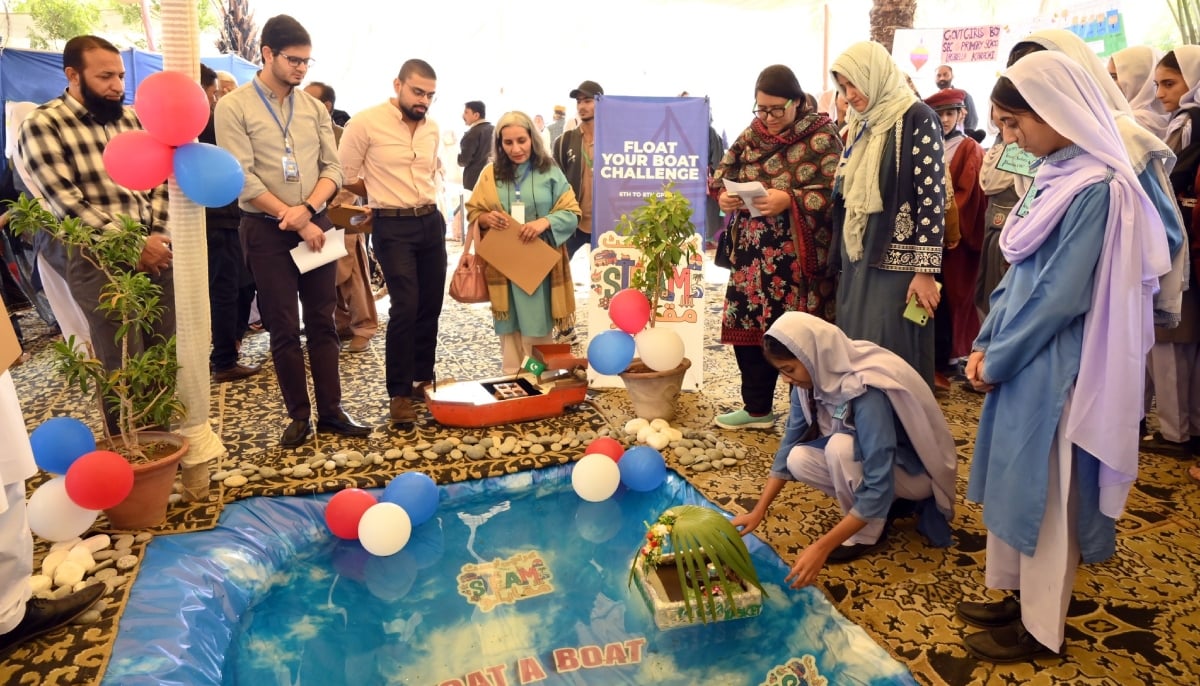
For most of the students, especially those living in the coastal or riverine belts, this challenge was something they could relate to readily and also get tips and ideas on from their family and friends.
Once they got their hands dirty, they not only got to see the relevant principles of physics in action but also got hooked to the test-improve-iterate product design cycle.
Stories that launch a thousand ships
The stories from these government schools were nothing short of inspiring in the context of government schools in Sindh — from students congregating at their teacher’s house after school to perfect their boat design to quiet or "dull" students being transformed into the most eager and enthusiastic participants through this challenge, it is safe to say that most teachers themselves were surprised by the response.
Three schoolboys — Adeeb, Shoban and Gulzar — in bright orange uniforms travelled 30km early morning from Chuhar Jamali to Sujawal City to present a unique load-bearing boat they designed from panno or dried stalk from coastal grass they collected from the fields behind their homes on the Indus River delta.
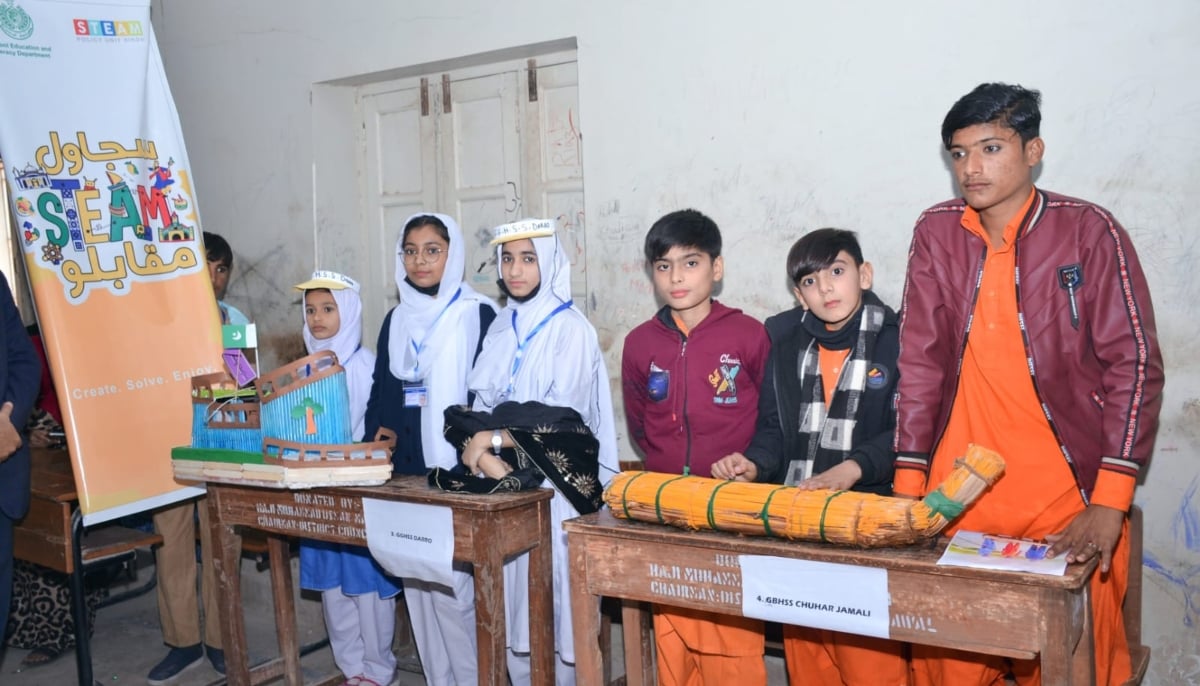
They proudly told the judges that their boat was modelled on a design used by local mahigeers (fishermen), and was made from local, sustainable material that would be easy to find and assemble in a flood emergency. It wasn’t just functional; it was exceptional, carrying three kilograms instead of the required one kilogram.
Then there were Dua, Maryam, and Haniya, three girls from Gharibabad Malir, on a mission to engineer an environmentally friendly flotation device from whatever they were able to lay their hands on. They crafted a lightweight but sturdy floatation device using sarkanday (reeds), coconut palm leaves, and a crisscross design sealed with a coconut oil and wax mixture.
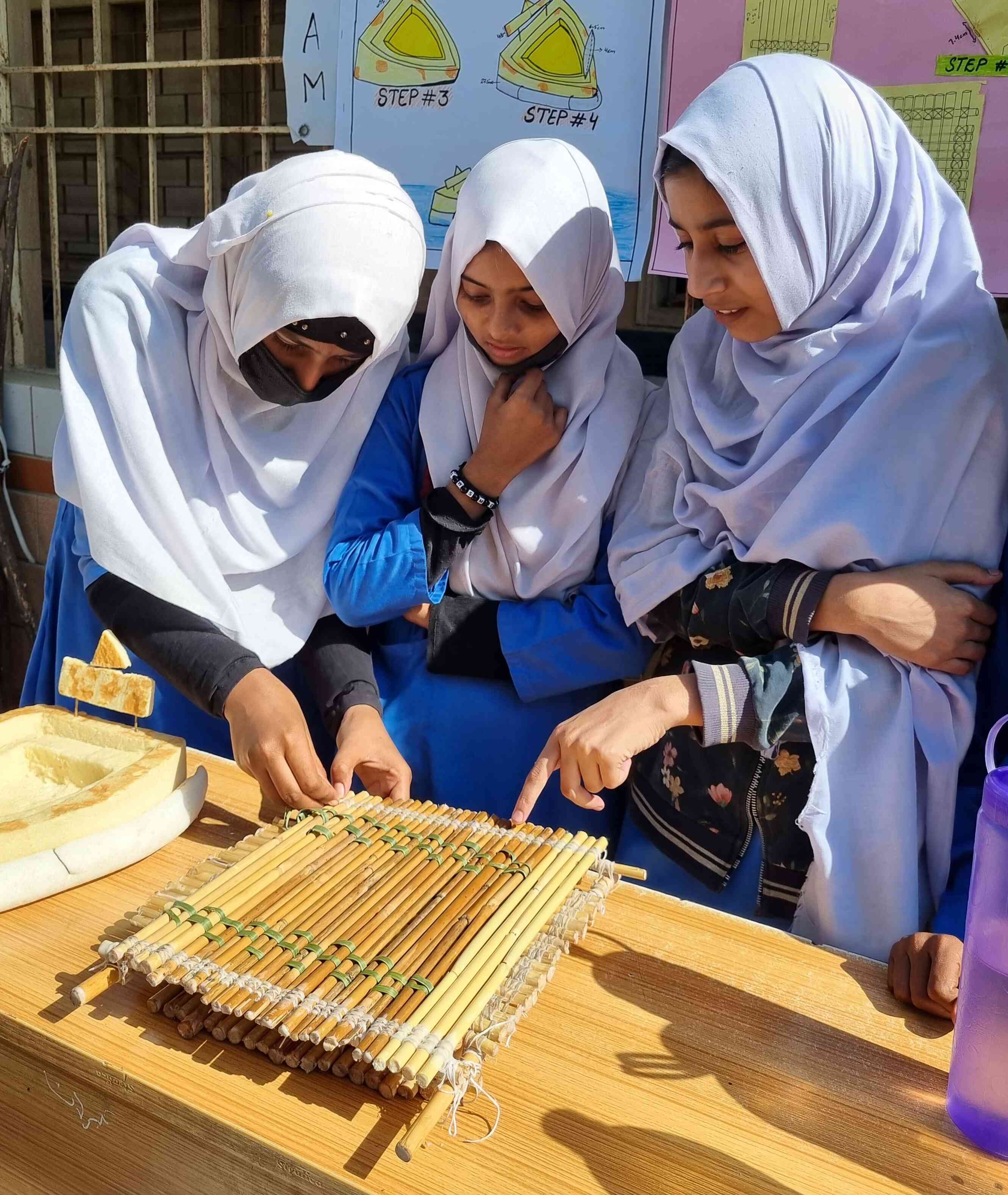
They were so invested in their design that even after five hours of presenting, they shared every detail of their process with the same energy — the best part was that they were proud of how much their design had evolved from its first to final iteration, a lesson in learning failure that I wish I had learned as a sixth-grader!
Other creative ideas presented by those youngsters included using banana tree bark and mango crates in Tando Allahyar, burst tyres in Korangi, and repurposed plastic bottles in Hyderabad. Those kids weren’t just solving problems; they were turning everyday objects into efficient tools of ingenuity.
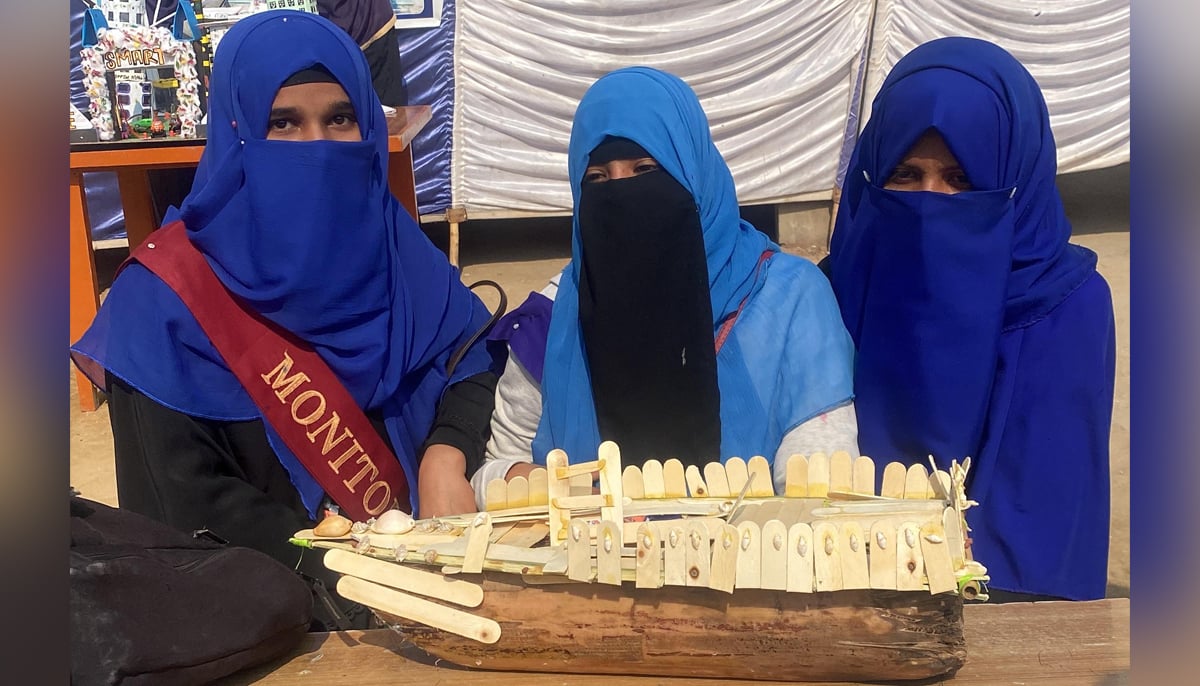
Separately, students used dried pumpkin, clay pots, steel pans, old keys and X-ray films, PVC pipes, motorcycle brake wires, and milk cans, to engineer new musical instruments for another challenge, while at the same time understanding and explaining the science behind the sound. It was rewarding to see students learning about and reviving instruments like the forgotten alghoza (a Sindhi woodwind instrument) and the boreendo (a clay wind instrument).
Learning beyond textbooks
Making learning local must go beyond translating an imported lesson plan to Urdu, Sindhi, or Pashto.
True localisation of learning means giving students problems they can relate to — challenges they feel equipped to tackle — and then watching them surprise us with their creativity, most importantly, while enjoying the whole experience.
The students must be introduced to deep learning, but it doesn’t happen in an instant as it requires three things: simplicity, complexity, and time. Plainly put, the challenges should be simple enough to spark an immediate idea, complex enough to grab their attention, and open-ended enough to provide them with ample room to experiment and iterate. That’s where the magic happens.
More women in leadership
Now, let me take a detour to share something else I’ve learned during this journey. The most passionate teachers, heads, district officials and bureaucrats — the ones who pay attention to detail, the good listeners, the doers, the problem-solvers, the ones who advocate for all kinds of learners and educators — are almost invariably women in my experience.
It is unacceptable that in 2025 we are still not seeing them in leadership and decision-making roles because we think they will struggle to travel to remote and difficult areas or that they shy away from money matters. Let’s train our best resources and continue to provide support and counselling to them to help them do their best.
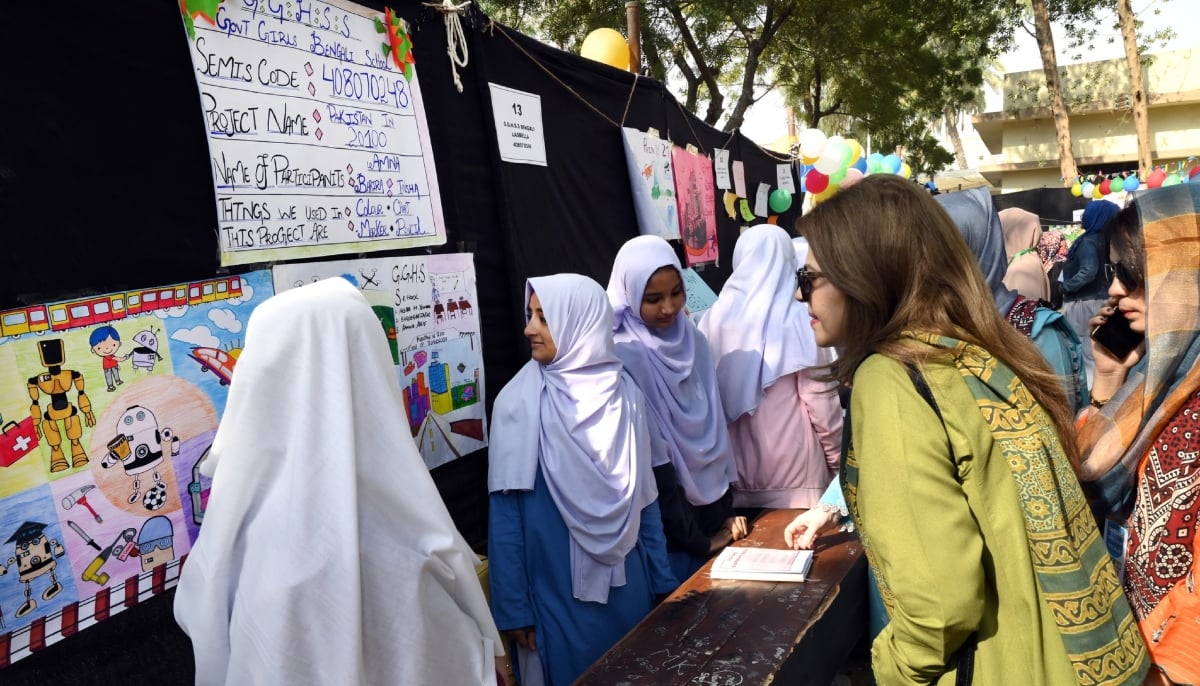
A group of bright schoolgirls from Umerkot I met at a competition last week painted their dream Pakistan of the future which featured a woman president. I hope that by the time they graduate, at least 15 out of 30 district education officers are women — up from one out of 30 currently.
The bigger picture
The STEAM Muqablo wasn’t just about boats or musical instruments. It was about unlocking potential — showing students that their knowledge, skills, and heritage have undeniable value. When children see their world reflected in their education, learning becomes more than a chore. It becomes a joy forever, just like beauty.
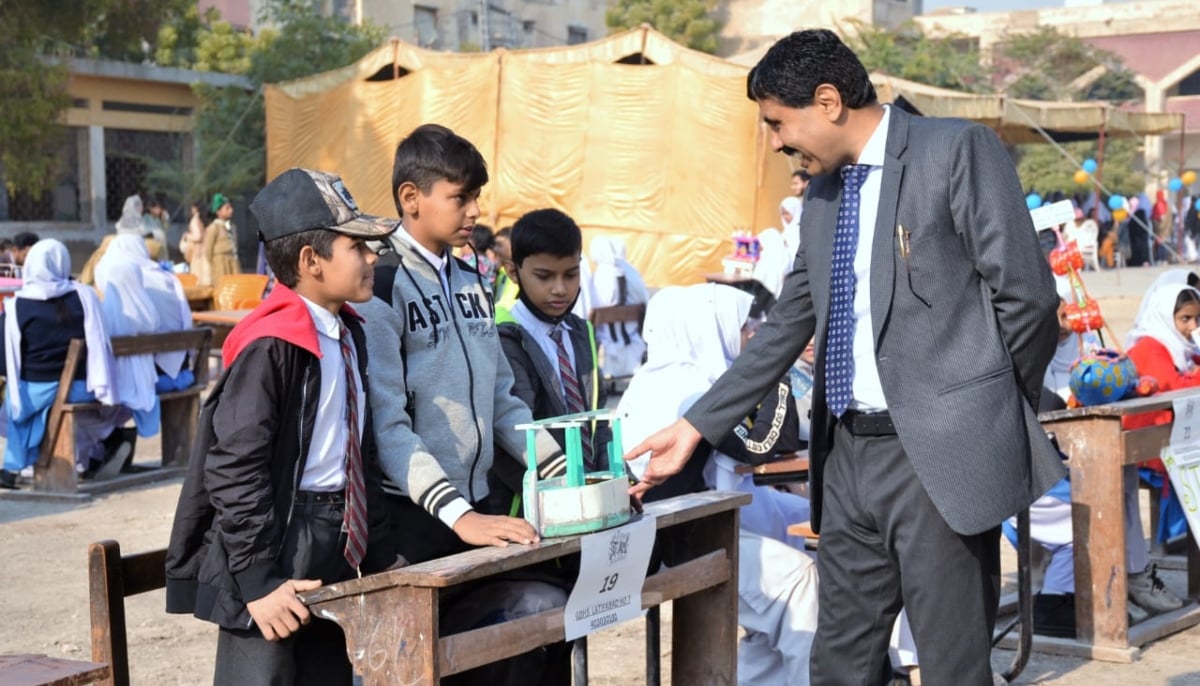
On this International Day of Education, must our leaders and policymakers be reminded that more than anything, education is a doorway to curiosity, resilience, and pride in who we are and where we come from. If truly anchored in local, or rather, ground realities, education with this creative twist can truly transform lives — not just on paper, but in practice too.
Sana Kazmi works on educational programming and has 14 years of experience in government school reform.
Header and thumbnail illustration by Geo.tv



